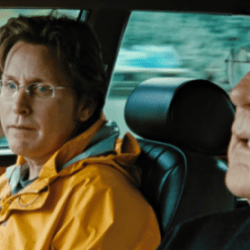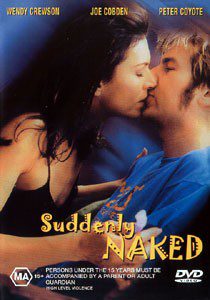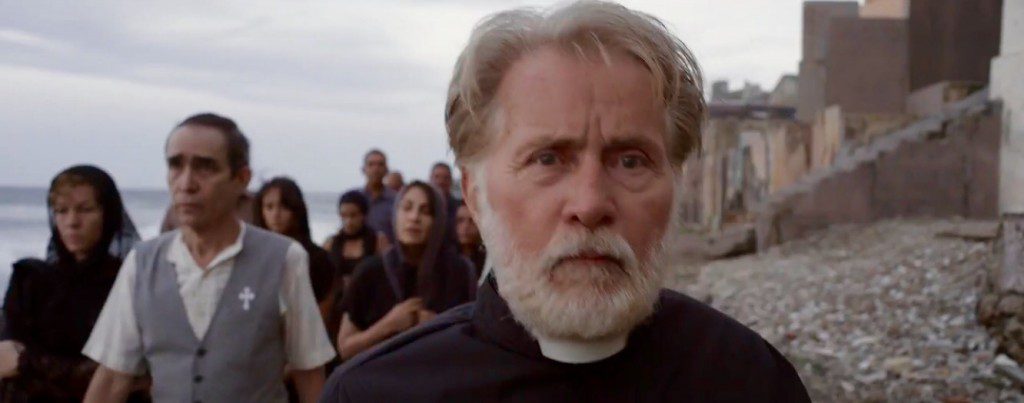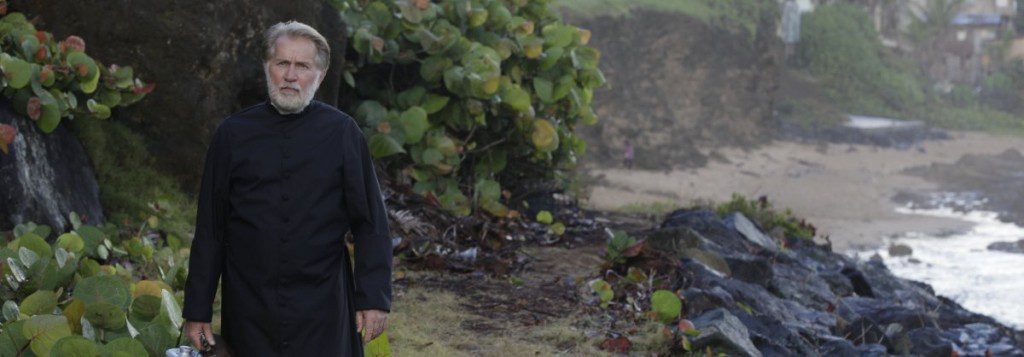 In recent years, audiences have paid good money to see new, expanded versions of classic 1970s movies such as Star Wars and The Exorcist, so it was probably only a matter of time before Francis Ford Coppola restored roughly 49 minutes of deleted footage to his sprawling Vietnam epic Apocalypse Now. Coppola spent nearly three years of his life making the original film, which came out in 1979, and he has not produced anything all that noteworthy since, so you can appreciate why he may have wanted to go back and revisit this project. To hear him tell it, Apocalypse Now Redux is the great work of art he wanted to make before the pressure of serving a mainstream audience forced him to pare it down. But compared to the trippy, almost poetic original film, Redux feels like a rough cut that has not yet been trimmed of its prosaic fat.
In recent years, audiences have paid good money to see new, expanded versions of classic 1970s movies such as Star Wars and The Exorcist, so it was probably only a matter of time before Francis Ford Coppola restored roughly 49 minutes of deleted footage to his sprawling Vietnam epic Apocalypse Now. Coppola spent nearly three years of his life making the original film, which came out in 1979, and he has not produced anything all that noteworthy since, so you can appreciate why he may have wanted to go back and revisit this project. To hear him tell it, Apocalypse Now Redux is the great work of art he wanted to make before the pressure of serving a mainstream audience forced him to pare it down. But compared to the trippy, almost poetic original film, Redux feels like a rough cut that has not yet been trimmed of its prosaic fat.
There are four main new sequences, and they don’t really add a whole lot to the film, except length. While the new scenes do humanize the characters to an extent that the original film did not, they also tend to repeat themes that were already present in the original film, and at times they get downright didactic. One of the longest sequences takes place on a plantation far up the Vietnamese river, where Captain Benjamin Willard (Martin Sheen), the psychologically scarred soldier who is on a top-secret mission to assassinate a renegade American colonel, encounters a group of French colonists who have refused to leave their home. Over dinner, they lecture Willard on the ways in which America has failed to learn from the mistakes of the French, and the one-sided conversation feels like little more than a history lesson.
Similarly, when Captain Willard finally meets, and is captured by, the brutal and enigmatic Colonel Kurtz (Marlon Brando), one of the new scenes shows Kurtz reading to Willard an old Time magazine article that is absurdly optimistic about America’s chances in the war. This also happens to be the only time we see Kurtz in broad daylight, without shadows obscuring him and turning him into some sort of nightmarish figure, and the overall effect of the scene is to take the movie down from its hypnotic heights and make it more banal. Scenes like these have the strange effect of making a movie with an arguably timeless appeal seem even more tied to the past than it was before.
The other new scenes come earlier in the film, and their main purpose is to explore the relationship between Willard and the crew of the patrol boat that takes him up the river. At one point, they steal a surfboard from Captain Kilgore (Robert Duvall), the unflappable cavalry officer — and surfing fanatic — whose helicopters blare Wagner’s ‘Ride of the Valkyries’ over the loudspeakers as they swoop down on a Vietnamese outpost. Some time later, Willard makes a deal with the USO Playboy people, who are stranded in a deserted medevac unit, whereby the patrol-boat crew gets to spend a few hours with the Playmates in exchange for some fuel. This leads to one of those uncomfortable, and arguably hypocritical, scenes in which a woman bares her breasts for the camera while lamenting that men are exploiting her.
Still, quibble as one might with Coppola’s decisions in the editing room, Apocalypse Now Redux has enough of the original film’s disturbing, mesmerizing power to remind you of just how exciting and idiosyncratic movies used to be. From Sheen’s cynical narration to Vittorio Storaro’s sensuous cinematography, and from the entrancing music to the sometimes shocking violence, this is easily one of the most engaging movies of this, or any other, summer.
— A version of this review was first published in the Vancouver Courier.












